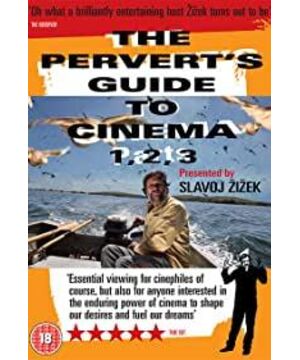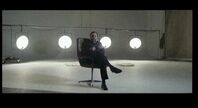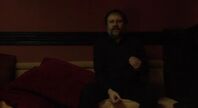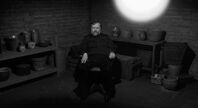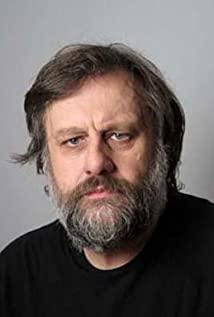Day 1 (5min) did my best. . . Hearing is limited, corrections are welcome
The problem for us is not are our desires satisfied or not. The problem is how do we know what we desire. There's nothing spontaneous, nothing natural about human desires. Our desires are artificial. We have to be taught to desire. Film is the utmost well art. It doesn't give what you desire. It tells you how to desire.
What we get in this wonderful clip from Possessed is common story on the magic art of cinema within a movie. We can watch a working class girl living in a dark small village, what a sudden, she found in a situation while the magic cinema experience . She approaches the rail. The train is passing and it is as if what reality is, just a person standing near a slowly passing train turns into a viewer observing the magic of the screen.
We get a very real ordinary scene onto which the heroine's inner space has been better in a fun space is projected, so that although all reality is simply there, the train, the girl, part of reality in her perception in the all of your perception is edgely well alleviated to the magic level, become a scene of her dream . this is cinematic art in its viewers.
But the choice between the blue and the red pill is not really a choice between illusion and reality. Of course, The Matrix is a machine full of fictions. But this art fiction which already struck our reality. If you take away from our reality, the symbolic fictions that regulate you lose reality itself. I want a third pill. So what is the third pill. Definitely not some kind of transcendent pill which enables a fake fast food religion experience but a pill that would enable me to perceive not the reality behind, the illusion, but the reality in illusion itself. If something gets too dramatic, too violent, even too fit in its enjoyment, it shed us upon the cognition of our reality we have to fictionalise it.
View more about The Pervert's Guide to Cinema reviews


